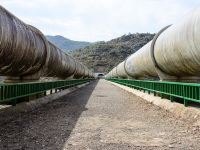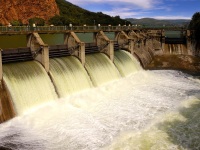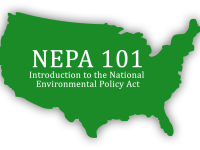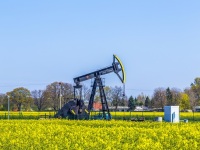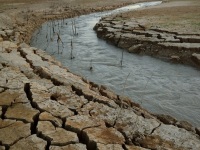The study of the people of the past is called archaeology. The discipline has been around for several hundred years but has undergone vast change in that time. The romantic ideal of the treasure hunter searching for items of national interest is long gone. The modern archaeologist is as much a manual labourer as a…
Read more
What Environmental Data Can Tell Us about the Greenland Vikings




